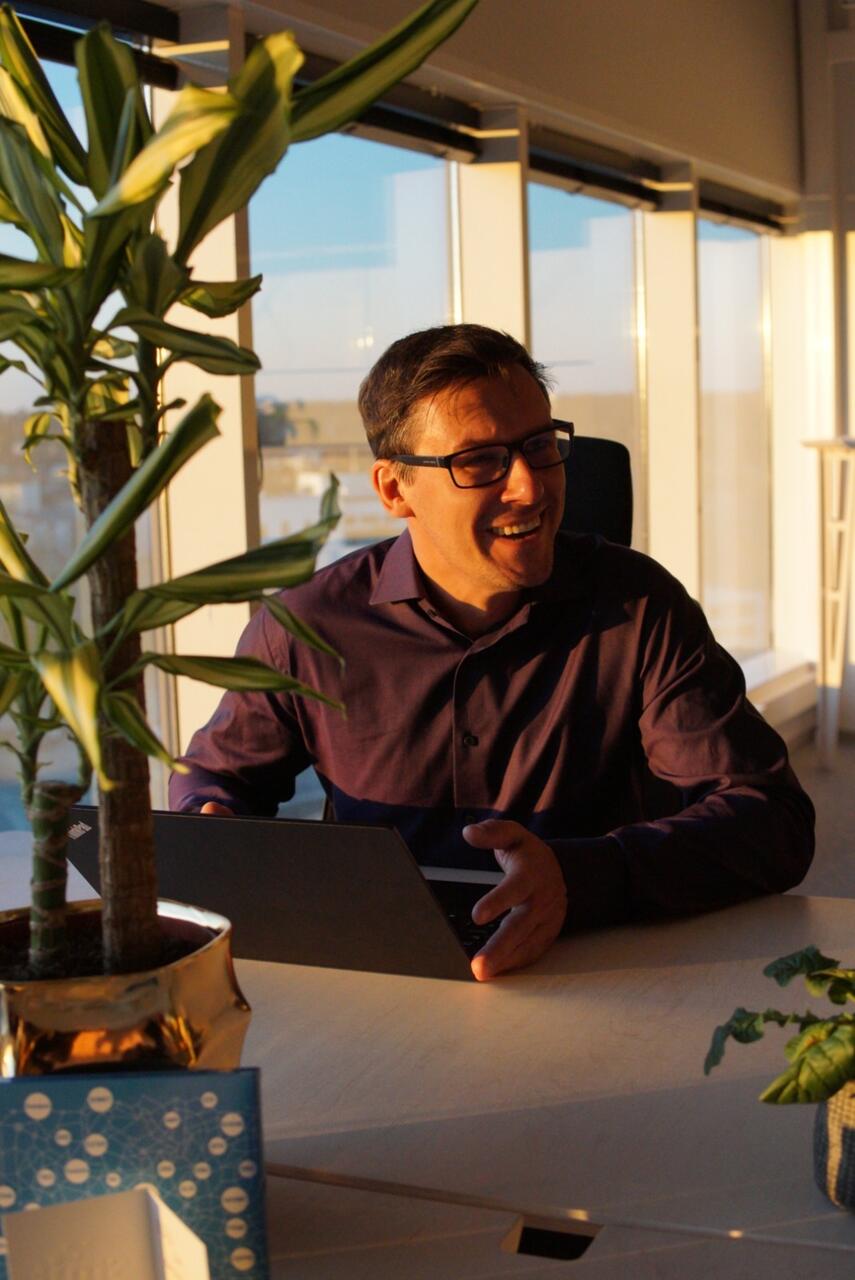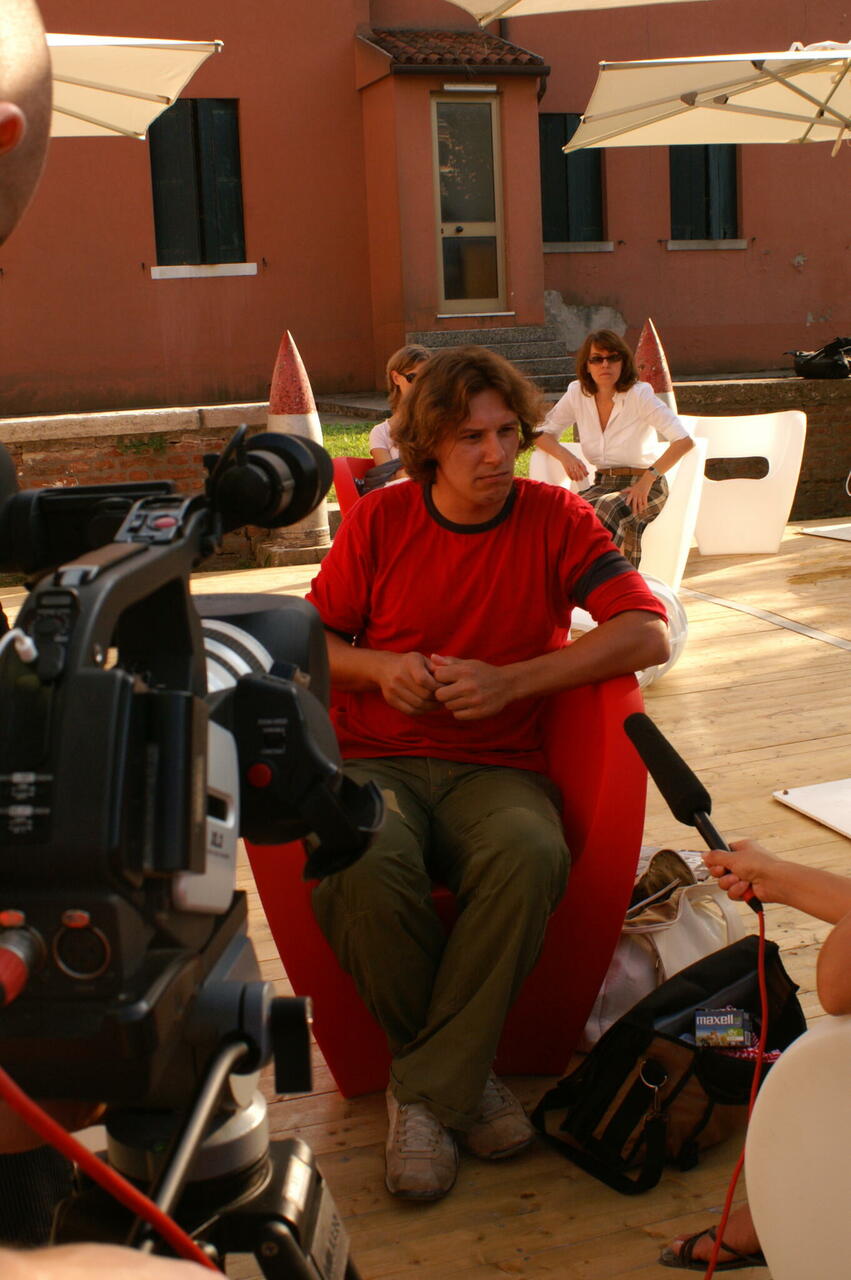Positium has been around for a while - the company was founded in 2003. You were here in the early days when mobile data was a very niche topic in a few scientific circles. Take us back - what was the driving force behind the creation of Positium?
Positium got its start when a geographer, an urban planner and an architect figured out that the data mobile network operators have about the location of mobile phones could be useful in all of their fields. These people were, of course, Rein Ahas, Heikki Kalle and Ülar Mark. One of the big ideas behind all of it, actually, dates back to when Eurovision was held in Estonia - this was some years before Positium was founded. They wanted to measure tourist flows during the big event. Unfortunately that idea did not materialise ahead of Eurovision. But, seeing increasing mobility fuelled by fewer visa restrictions in Europe, the three wise men wanted to know where tourists come from, where they go, what places they visit, etc.
We were first able to start with active positioning, not passive positioning, which is what we do today. At the time, it was called ‘the social positioning method’, but it’s not the best description for what it actually did. We based a lot of studies on this data. Soon we were able to add passive positioning data about foreign visitors, and projects in tourism followed.
How did you get started at Positium?
In the first years, Positium was a 'shelf' company - there weren’t any employees, just the board and management, and every now and then students from the University of Tartu were hired as contractors for specific projects, including me and Erki. In 2006, the whole concept of the social positioning method won a contest to represent Estonia at the La Biennale di Venezia - the world-famous biennial architecture exhibition in Venice. For this event we put together a technical solution and a visual presentation called 'Joint Space' to show where and how people move. At the time, ours was definitely one of the first unique displays like that in the world. Erki and I officially started working at Positium in 2007.
And if we go back to the driving force you asked about, working on that project was, for me, that lightbulb moment. It combined so many things that I like to do and it seemed to fit me perfectly. And of course Rein Ahas’ vision and leadership, which led us to work in this, what was then, a very futuristic field. We went to conferences around the world and with this topic we were almost like superstars, everyone listened closely to our presentations.
It’s been nearly 15 years for you in this field, and in this time Positium has become a global leader in statistics from mobile positioning data. What inspires you to keep working in this field? What's so special about location data that you have devoted your life to finding meaning in it?
I think to this day it’s the fact that I’m working in a field that I’ve studied, too. I’d done some GIS work before, but nothing like the future-forward stuff Ahas’ group was doing. Working with big data, doing data engineering… Every day I see new aspects in the data and get new ideas on what to develop. I’ve been at it for around 15 years and still haven’t discovered everything MPD has to say. I remember the first time we got coordinate data for a specific phone, put it on a map and the phone was where the map said it was. Even to this day, it's motivating to see the results from passive positioning after we run the data on our PDM (Positium Data Mediator).
It’s interesting that after all these years working with MPD, it is still so novel and considered innovative around the world. And for Positium to still be at the forefront in this field and be a global leader - that’s amazing!
I completely agree with you there.
What’s Positium like today compared to those early days?
First thing that comes to mind is that we’re a proper company now. We used to be very much like, how they say, Two Men and Dog Ltd. Today we’re a professional company that values quality, optimising processes, and so on, and we function well as a team. And one thing that I’m particularly proud of is that we’ve found people who also get that sparkle in their eye when they do this job. They believe in this vision just as much. We’re still evolving, of course, and lots of changes have already taken place in the company’s structure this year - but it’s all exciting.
And if you look back, our staff has grown a lot in number just within the past two years.
Yes, exactly. And even during COVID we’ve been fortunate enough to not have to let anyone go because of the situation, and have even been able to welcome several new team members. Of course we could always do better, but we’re doing well. We’ve also adapted nicely to home-office life and people seem happy; that’s important to me. This year we also launched the new generation of PDM software, which has made different projects so much easier and faster. PDM is already in use in several countries and I feel really happy about that.
Would you say that that has been the biggest success and the biggest challenge?
Yes. Although, for me, the biggest success is really the group of people who work at Positium. They laugh and cry together with you. They stick together, and it just works so well. The people are who have taken the company to the level it is today. And the biggest challenge, well, is building an organisation that functions well - we have teams, team leads, project managers, marketing, developers, designers, analysts. We’re still learning and growing, trying to listen to our people and how they’re doing in the workplace. We can always develop new software but the people are irreplaceable. We try to make everyone feel at home, like this is their company and they enjoy the work that they do.
If you weren’t working with MPD, what do you think you’d be doing instead?
I have actually thought about this! I’d probably be working with something in aviation. Not sure about the job exactly, but I would not be an air traffic controller or a pilot. Just something in that industry. I’ve always been fascinated by aviation and planes, how these giant global systems work in a way that’s like a well-oiled machine.
Where does this interest in aviation come from?
I don’t know… I’ve been fascinated by the big planes and how they work, how all the logistics works. How planes land and take off like clockwork, or if some delay comes up, then how there are systems in place that reroute everything. Whenever I’m at international airports, I like to plane-spot, too. I don’t know all the models, of course, but I like to observe how everything works.
Do you have any idols, or someone who inspires you or who you look up to?
I don’t have a particular person. But Elon Musk, Zuckerberg, all those modern world gurus - I like to try to figure out how they do it, how they build this success and how they prioritise things, what is their day-to-day work life like. How much of their success was luck, or if they’re maybe actually doing something right to be where they are. And when they know they’re doing it right.
Sometimes I also get inspired by characters who are faced with a dire situation but come out of it on their own. Like Tom Hanks in Cast Away. You often get into situations where you have to make decisions on your own, even if you have family and colleagues around you. One dream of mine has actually been to go on a long extreme trip by myself, maybe not as extreme as those in Survivor. But I’m intrigued by how people survive, not just physically but mentally as well. I guess in that sense I’m very much a geographer, a world explorer. I also like meeting new people, exploring how they see the world.
And of course I look up to my father, although he’s not with us any more. I’m not like him, but I do sometimes miss his feedback on whether what I’m doing is good or not. I suppose everyone looks for that approval or critique in that sense.
I think it’s safe to say that your colleagues see you as a true visionary when it comes to MPD, especially in methodology. If you had to write Positium a postcard of wishes for the New Year, what would it say?
It’s such a difficult question. I think the first thing is “doubt everything”, yourself and others, and also “trust yourself and others” at the same time. Then, “always try to discover something new” in data or methodology. Often new developments have come from being inquisitive, asking ‘why is this data showing this’. What else… “Take a break sometimes”. I took time off in November, and even that short week was nice to recharge. It’s so important to take a break. Positive stress will carry you far, but eventually you’ll fall off the rails. Even if it’s a week or a few days, take that time, completely switch off from work, and you’ll be able to return with new ideas and a fresh perspective.
.png)

